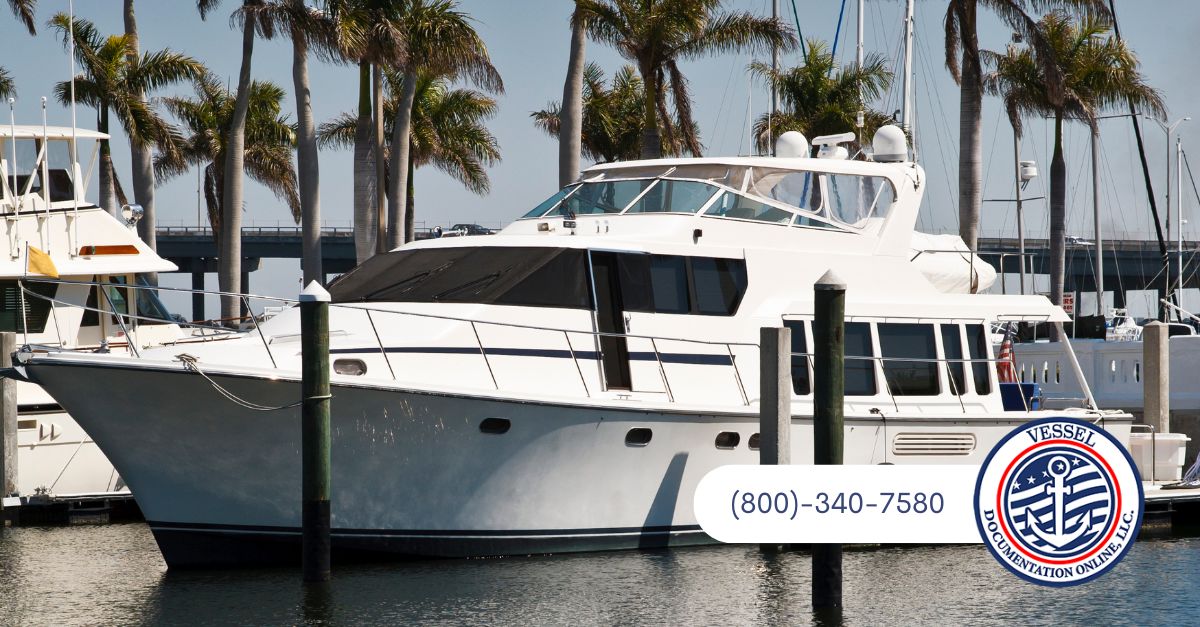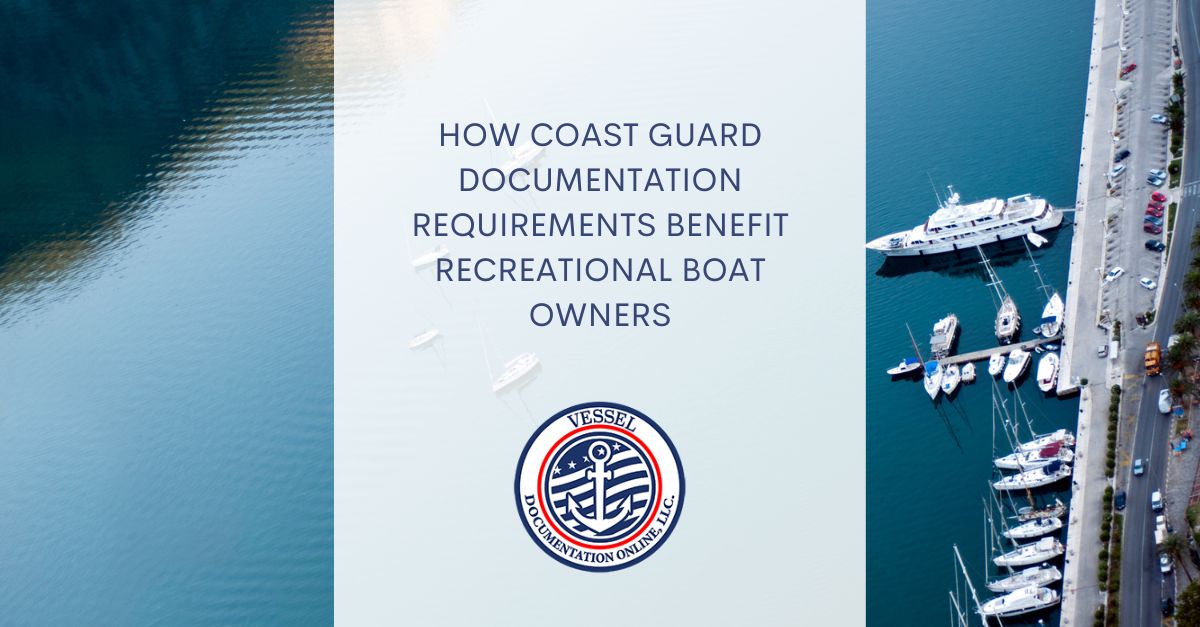US Coast Guard License Requirements

Introduction to US Coast Guard License Requirements

The US Coast Guard license is a critical certification for individuals seeking to work in the maritime industry, particularly as captains, mates, or engineers on commercial vessels. Obtaining a US Coast Guard license, also known as a Merchant Mariner Credential (MMC), requires meeting specific eligibility criteria and completing a rigorous application process. In this article, we will delve into the requirements for obtaining a US Coast Guard license, the different types of licenses available, and the steps involved in the application process.
Eligibility Criteria for a US Coast Guard License

To be eligible for a US Coast Guard license, applicants must meet certain requirements, including: * Being at least 18 years old (some licenses may have lower age requirements) * Being a US citizen * Holding a valid Transportation Worker Identification Credential (TWIC) * Completing a physical examination and meeting the physical requirements for the license * Having the required amount of sea time and training for the specific license * Passing a written exam and other assessments as required
🚨 Note: The eligibility criteria may vary depending on the type of license and the applicant's previous experience and training.
Types of US Coast Guard Licenses

The US Coast Guard offers various types of licenses, including: * Master’s License: Required for captains and mates on commercial vessels * Engineer’s License: Required for engineers on commercial vessels * Operator of Uninspected Passenger Vessels (OUPV) License: Required for captains of uninspected passenger vessels * Offshore Supply Vessel (OSV) License: Required for captains and mates on offshore supply vessels * Towing Vessel License: Required for captains and mates on towing vessels
Application Process for a US Coast Guard License

The application process for a US Coast Guard license involves several steps: * Submitting an application to the US Coast Guard’s National Maritime Center (NMC) * Providing required documentation, including proof of citizenship, identity, and sea time * Completing a physical examination and meeting the physical requirements for the license * Passing a written exam and other assessments as required * Paying the required fees for the license
Sea Time and Training Requirements

Applicants for a US Coast Guard license must have the required amount of sea time and training for the specific license. The sea time requirements vary depending on the type of license and the applicant’s previous experience. For example: * Master’s License: Requires at least 720 days of sea time, with at least 360 days as a mate or higher * Engineer’s License: Requires at least 720 days of sea time, with at least 360 days as an engineer or higher * OUPV License: Requires at least 360 days of sea time, with at least 90 days on a commercial vessel
Written Exam and Assessments

Applicants for a US Coast Guard license must pass a written exam and other assessments as required. The written exam covers topics such as: * Navigation: Charts, compasses, and navigation rules * Safety: Life-saving appliances, fire prevention, and emergency procedures * Vessel Operations: Vessel handling, cargo operations, and towing procedures * Regulations: US Coast Guard regulations, international conventions, and maritime law
| License Type | Written Exam Topics |
|---|---|
| Master's License | Navigation, Safety, Vessel Operations, Regulations |
| Engineer's License | Engine Maintenance, Troubleshooting, Safety, Regulations |
| OUPV License | Navigation, Safety, Vessel Operations, Regulations |

Maintaining a US Coast Guard License

To maintain a US Coast Guard license, mariners must: * Complete continuing education requirements: Complete courses or training programs to stay up-to-date with industry developments and regulatory changes * Meet physical requirements: Pass a physical examination every 5 years to ensure they meet the physical requirements for the license * Submit renewal applications: Submit renewal applications to the US Coast Guard’s NMC before the license expires
📝 Note: The requirements for maintaining a US Coast Guard license may vary depending on the type of license and the mariner's previous experience and training.
In final consideration, obtaining a US Coast Guard license requires meeting specific eligibility criteria, completing a rigorous application process, and maintaining the license through continuing education and physical examinations. By understanding the requirements and process involved, individuals can navigate the path to becoming a licensed mariner and advancing their careers in the maritime industry.
What are the eligibility criteria for a US Coast Guard license?

+
The eligibility criteria for a US Coast Guard license include being at least 18 years old, being a US citizen, holding a valid TWIC, completing a physical examination, and having the required amount of sea time and training for the specific license.
What types of US Coast Guard licenses are available?

+
The US Coast Guard offers various types of licenses, including Master’s License, Engineer’s License, OUPV License, OSV License, and Towing Vessel License.
How do I apply for a US Coast Guard license?

+
To apply for a US Coast Guard license, submit an application to the US Coast Guard’s NMC, provide required documentation, complete a physical examination, pass a written exam and other assessments as required, and pay the required fees for the license.



